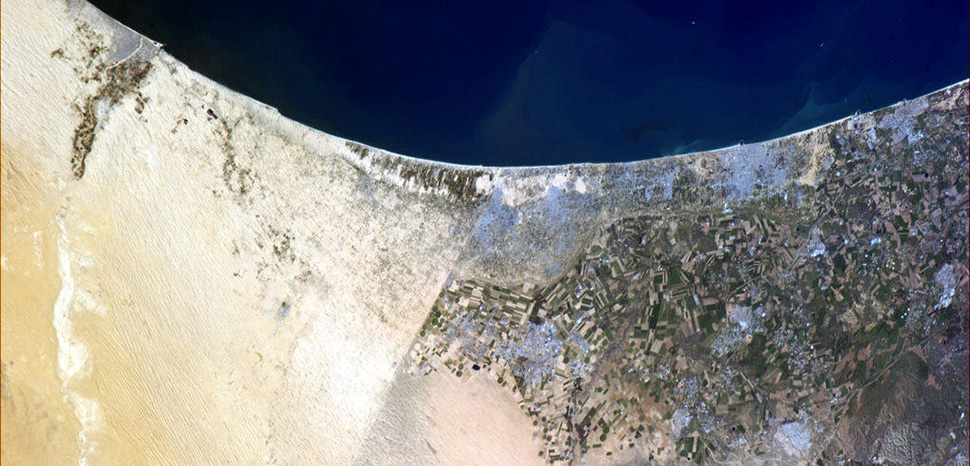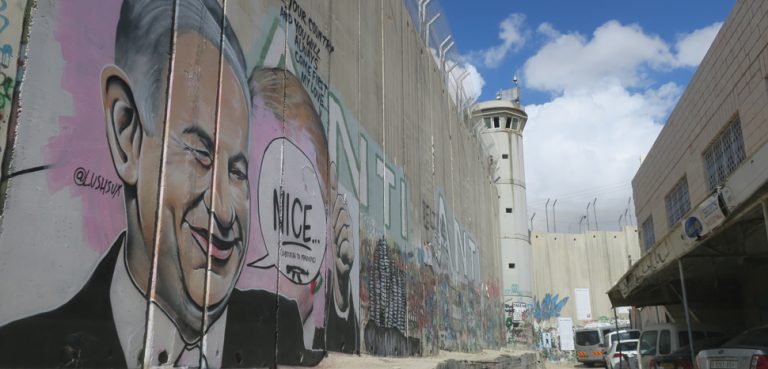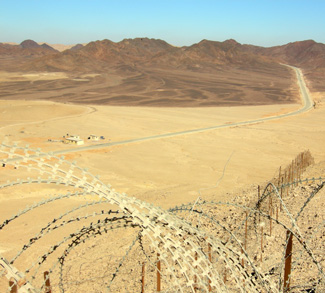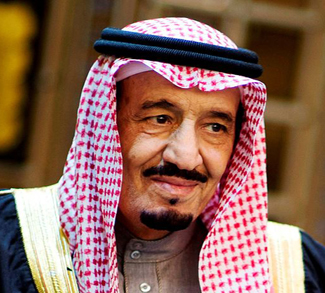It is undeniable that Hamas actions on October 7 were unacceptable to most of the Arab states and show how the Iran-backed Hamas has taken a miscalculated step that has the unprecedented potential to draw the Middle East into a chaotic armed confrontation. Especially given that Hamas had no chance to win this conflict from the start. However, under the umbrella of countering Hamas’s operatives, Israel’s current intention towards attacking Rafah represents a dangerous step, and one that threatens long-term peace and normalization prospects between Israel and regional Arab states.
Even Washington appears to be alarmed about the prospects of an operation in Rafah, now one of the most densely populated areas of the world. The US administration has warned against such an operation, as reported during a call between President Joe Biden and Israeli Prime Minister Benjamin Netanyahu. Furthermore, the US Ambassador to the United Nations, Linda Thomas-Greenfield, has stated that any military operation in Rafah cannot proceed under the current conditions.
Recall that, under US sponsorship, the Kingdom of Saudi Arabia (KSA) was in progressive talks to normalize relations with Israel prior to the current conflict. The talks were part of negotiations that would potentially allow KSA to have a nuclear civilian program, form a defense pact with the United States, and most importantly, move forward a regional transformative project dubbed the India-Middle East-Europe Corridor (IMEC), as announced in the G20 2023 summit, which requires integral connectivity with Israel. Following the events on the 7th of October, Saudi officials stated, as has the US Secretary of State Antony Blinken, that no normalization deal can be reached until there is a ceasefire in Gaza and that it must include the creation of an irreversible pathway toward a Palestinian state, which seems to be the complete opposite of Israel’s current agenda. Furthermore, the developing situation in Rafah adds to the complexity of reaching any progressive normalization talks between KSA and Israel anytime soon. As a leading nation among the Gulf Cooperation Council (GCC) countries, it is very likely, if not apparent, that most of the GCC and Arab nations will follow KSA’s steps when it comes to dealing with Israel.
Saudi Arabia maintains a regional leadership position and strives to safeguard its influence within the Arab world. Given the strong support for the Palestinian cause among all Arab countries, any moves towards normalization with Israel risk undermining KSA’s regional standing. Additionally, other nations that have already normalized relations with Israel may face criticism from the Arab public street for not sufficiently considering the humanitarian situation in Gaza. This may eventually discourage KSA from taking any firm steps towards normalizing relations with Israel. Thus, this places another emphasis on another important factor hampering the normalization process, which is public opinion, both within KSA and the wider Arab world. The plight of Palestinians in Gaza resonates deeply with the Arab people and shapes the public discourse regarding relations with Israel. The intense media coverage and emotional imagery filling the social media platforms from the war in Gaza contribute to a negative perception of Israel, potentially making it challenging for KSA and regional Arab states to maintain a friendly tone with Israel as was the case before.
Furthermore, the conflict in Gaza is increasingly allowing Iran’s proxies to become more active in the region, including the Iran-backed Houthis in Yemen, which are presenting a formidable challenge to maritime security in the Red Sea and continue to pose a security threat to KSA from the south.
Egypt, on the other hand, which has maintained a peace treaty with Israel since 1978, has threatened to suspend the peace treaty should the latter invade Rafah. Although Egypt has been concerned with the increasing tensions and humanitarian crisis at its northeastern borders with Gaza since October, the Rafah area in Gaza, which is directly bordering with Egypt, has seen its population rise from 280,000 to almost 1.4 million as a result of most Gazan civilians from the north taking safe refuge there, as well as most of the civilians in Rafah now living in tents.
Thus, any attack by Israel on Rafah would not only be a bloodbath, but it would also present the Egyptian administration with a mass exodus of Gazan civilians from Rafah into Sinai, something that is perceived as a national security threat by Egypt as well as unacceptable given that any mass displacement of Gazans into Sinai is considered a loss for the Palestinian cause in the first place, as confirmed by President El-Sisi.
With already diverging political interests, Egypt, along with other regional powers, has historically supported the Palestinian cause, while Israel prioritizes its own security. The war in Gaza is reinforcing these contrasting priorities, making it challenging to find common ground for diplomatic dialogue. The latter can be evident from recent statements of Diaa Rashwan, Egypt’s head of State Information Service (SIS), who stressed that the “Egyptian state would not be satisfied with symbolic measures if it came to threatening its national security and territory or liquidating the Palestinian cause. The matter would not be limited to withdrawing or expelling an ambassador.”
While an official offensive by Israel on Rafah is expected at any moment, Egypt has recently started adopting a stronger language towards Israel, as well as increasing its military fortifications and troops deployment along the border with Gaza. Although any confrontation between Israel and Egypt is very unlikely, Egypt’s armed deployments, military checkpoints, and helicopters are believed to be a precautionary measure and for reconnaissance purposes, given the situation on the other side of the border.
However, with signs of increasingly contrasting views between President Biden and Prime Minister Netanyahu over Rafah, the Central Intelligence Agency (CIA) director, William Burns, arrived in Cairo as pressure for a ceasefire grows. How productive the talks will be in Cairo with respect to Washington’s renewed bid to halt the war in Gaza, especially in Rafah, is still to be seen should Hamas and Israel reach a mutual ground of negotiations, though this is not foreseeable in the short-term. Despite the latter, it can still be argued that any successful ceasefire endeavors in Gaza in the coming period will depend greatly on how the US can pressure Israel to do so as well as the US ability to realign regional Arab partners views on this issue.
There are numerous factors contributing to the Gaza conflict’s daunting complexity, including: escalating violence in Gaza, loss of trust, political fragmentation, international mediation challenges, unresolved decades-long issues concerning an Israeli-Palestinian peace, and deepening societal divisions among Arab states. And the conflict in turn continues to fuel instability across the Middle East, notably giving opportunity to Iranian proxies to advance their own agendas.
If normalization talks between Saudi Arabia and Israel are to be put back on track, it will require addressing the root causes of the Israeli-Palestinian conflict and finding inclusive solutions that alleviate the concerns of all stakeholders involved, which is neither an easy task nor one that Israel currently has the appetite to take on. However difficult, a multilateral and multi-vector approach to addressing the above complexities, through a process of dialogue and compromise, will be necessary if regional tensions are to be contained, thus setting the stage for a lasting peace in the Middle East.




